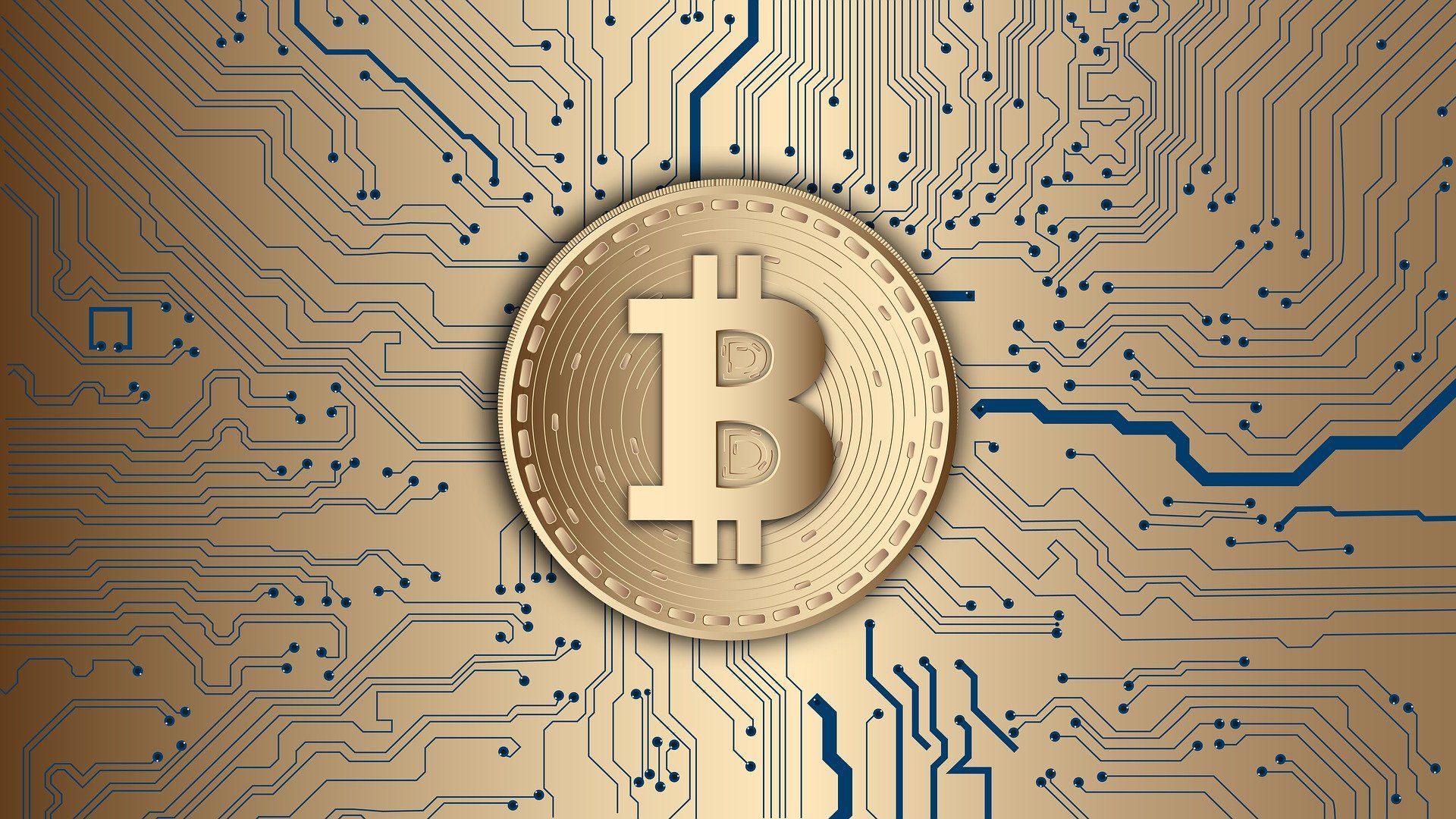El Salvador has decided to make the move in declaring crypto-currency as its national currency.
Their president, Nayib Bukele, announced the news in early July, aiming for the move to be fully complete by September.
However, many corporations have stated their opinions with Bukele’s decision, striking up a discussion between the International Monetary Fund and the Bank of America.
International Monetary Fund
The International Monetary Fund (IMF) has stated serious prior warnings about countries using currencies such as these as their national currency.
With time to still change their mind, El Salvador is continuing with their decision, despite a month until their launch date. News of this warning first came out by the IMF not explicitly calling out El Salvador, but stating the threat using cryptocurrencies poses to the integrity of finance around the world.
This threat is thought to be the case because of the rumored illegal activity associated with this type of currency. In relation to El Salvador, though, this severely compromising warning alludes to the complication of its relationships elsewhere in the world. Below are some of the statements issued by IMF:
- “If goods and services were priced in both a real currency and a cryptoasset, households and businesses would spend significant time and resources choosing which money to hold as opposed to engaging in productive activities.”
- “Government revenues would be exposed to exchange rate risk if taxes were quoted in advance in a cryptoasset while expenditures remained mostly in the local currency, or vice versa.”
Bank of America
Despite the IMF’s serious warning against the adoption of cryptocurrency as a national currency, the Bank of America supports the move. The bank states that Bitcoin can give many opportunities to El Salvador and their Latin American heritage, one advantage being the lack of access that residents have to crucial financial services like ATMs or bank accounts. Henceforth, as the bank believes, this proposed move will only help the community in better organizing their money, and hopefully offer financial stability and security for many. In turn, this can also increase the gross domestic product of El Salvador as a whole.
In relation to the GDP of El Salvador, the use of Bitcoin could reduce the amount of money required to cash cheques and payments, which, in turn, would increase their GDP. This is because, right now, cashing these cheques and payments from overseas costs El Salvador one-fifth of the nation’s GDP.
Unlike America’s bank cards and financial stability (read this website for more information), other countries are living without. Therefore, it makes sense that Bukele’s main goal in the move was to endorse this, adding also to the nation’s disposable income.
Conclusion
In defiance of all opinions involved in the debate, President Bukele plans to make the move to cryptocurrency in September. Offering a ‘great leap forward for humanity’, financially aiding over 70% of El Salvador’s population, the ‘experiment’ of cryptocurrency is both an inevitable and futuristic move towards a different financial future.









